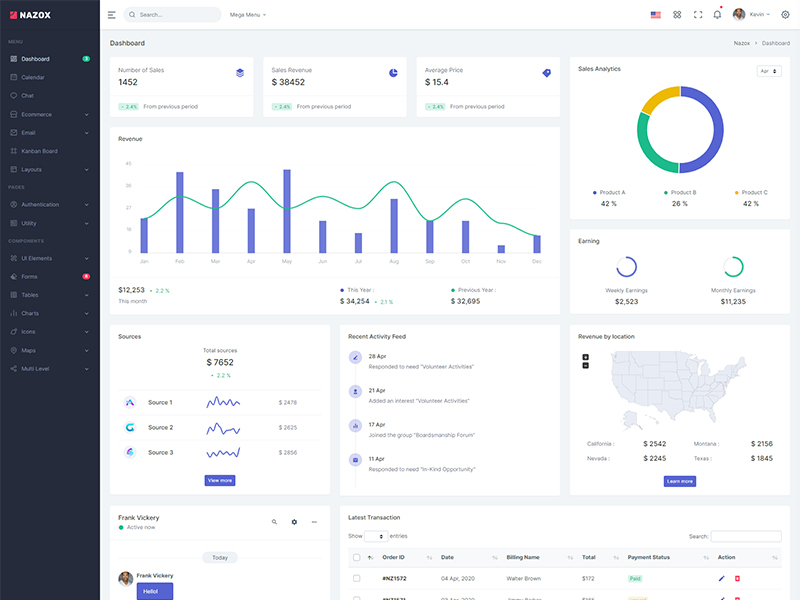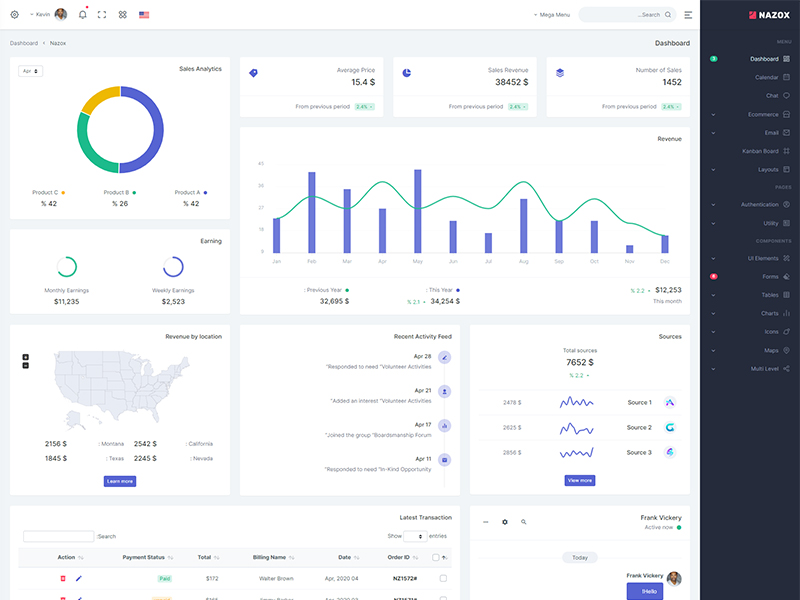When will the last bitcoin be mined?
The last Bitcoin is estimated to be mined around the year 2140, with the exact date unknown. This is due to the Bitcoin protocol's design, which has a limited supply of 21 million coins. The mining process involves using computer power to solve complex mathematical problems, which in turn generates new Bitcoins and adds them to the existing supply. The mining difficulty adjusts automatically every two weeks, so as the supply of Bitcoins grows, the mining process becomes increasingly difficult and slower.
The mining difficulty in the Bitcoin network is adjusted every 2016 blocks (roughly every 2 weeks) to ensure that the average time to mine a block remains around 10 minutes. This serves to maintain a balance between the supply of new Bitcoins being introduced into the market, and the computing power of the network.
As more miners join the network and the total computing power increases, it becomes easier to mine new blocks and generate new Bitcoins. To counteract this, the mining difficulty increases, making it harder for miners to find the solution to the mathematical problems required to mine a block and receive the block reward.
On the other hand, if some miners leave the network or if the total computing power decreases, the mining difficulty decreases to ensure that blocks are still being mined at a consistent rate.
The automatic adjustment of the mining difficulty helps maintain the integrity and stability of the Bitcoin network and its predictable monetary policy.




